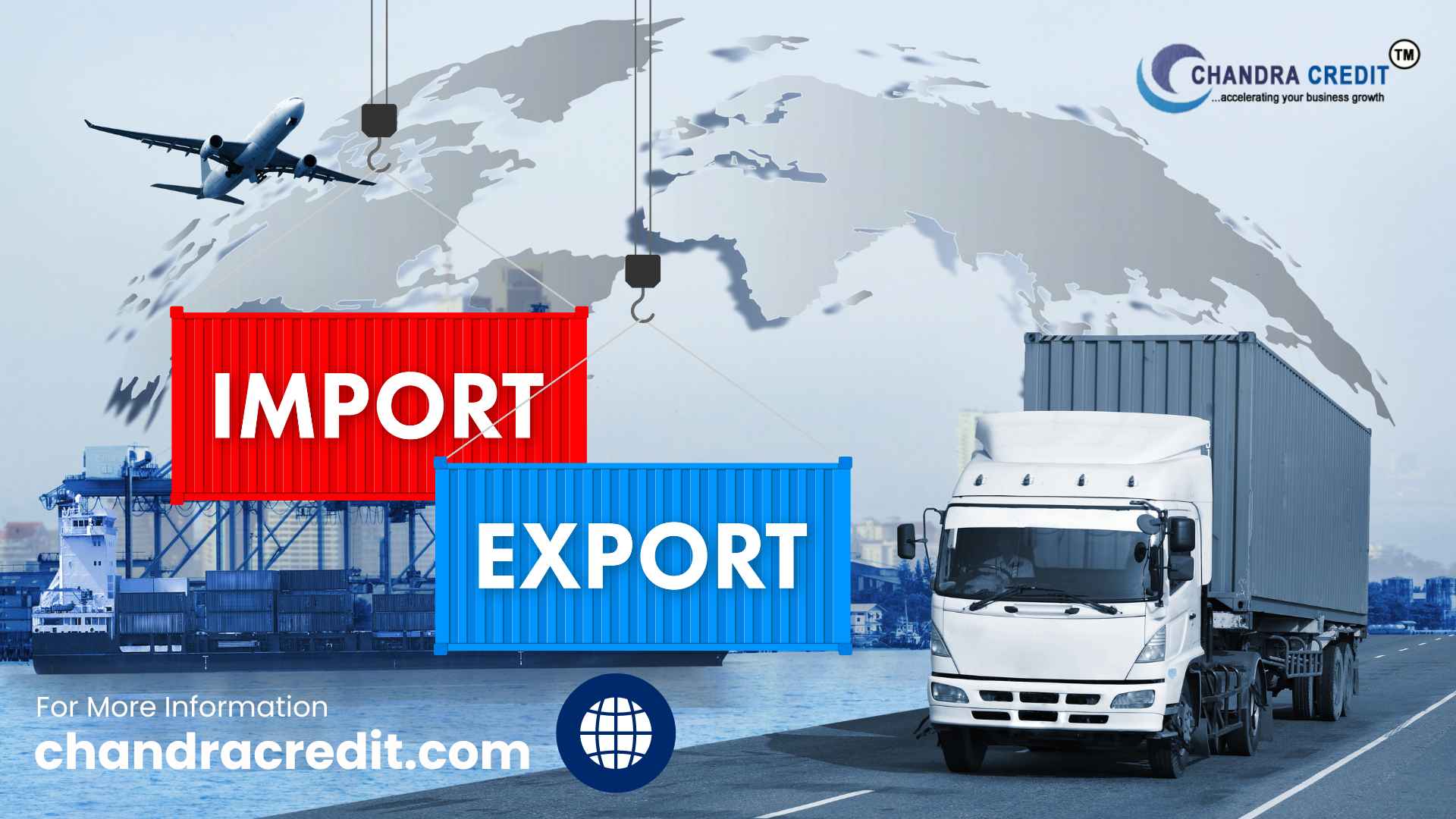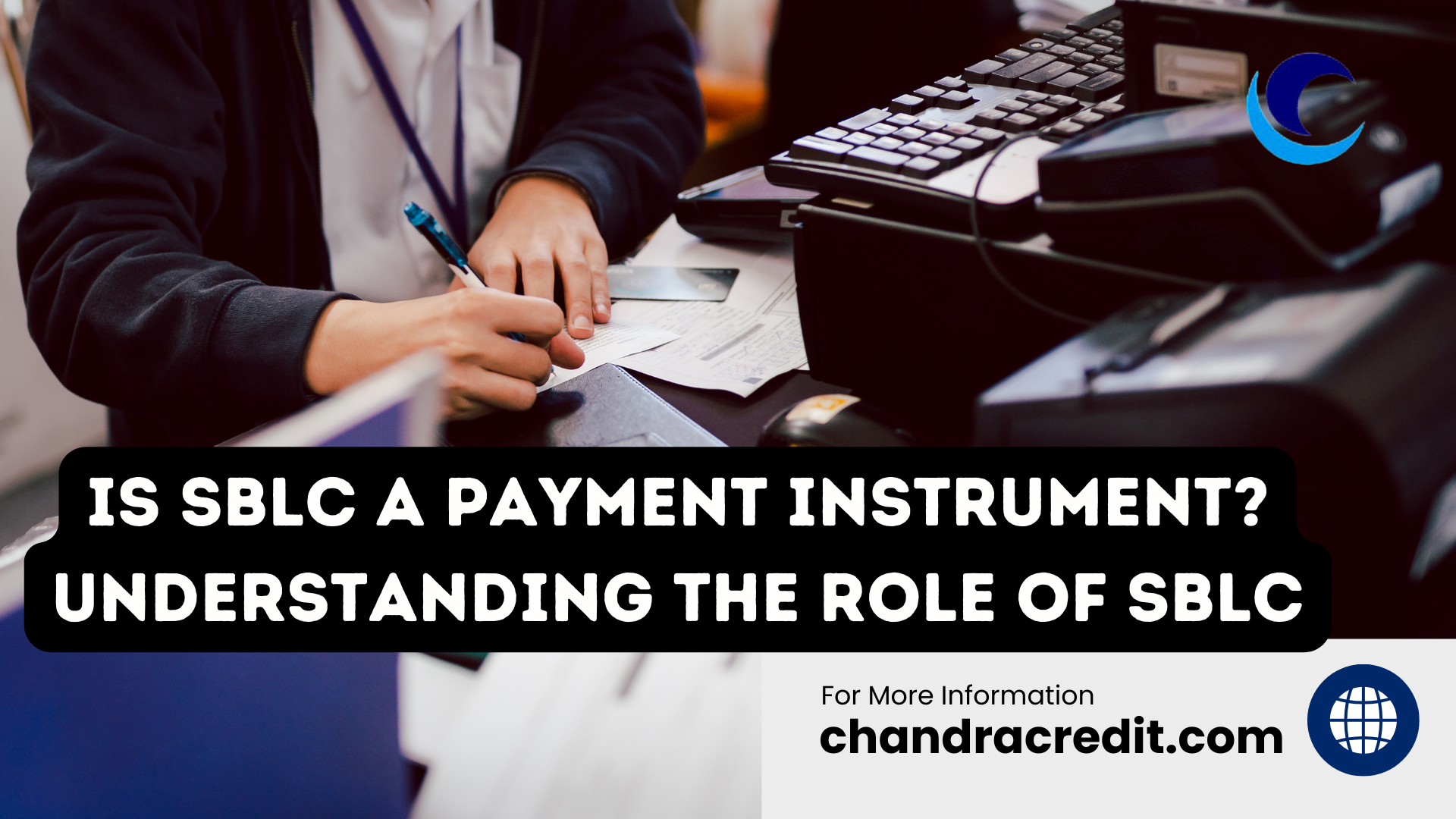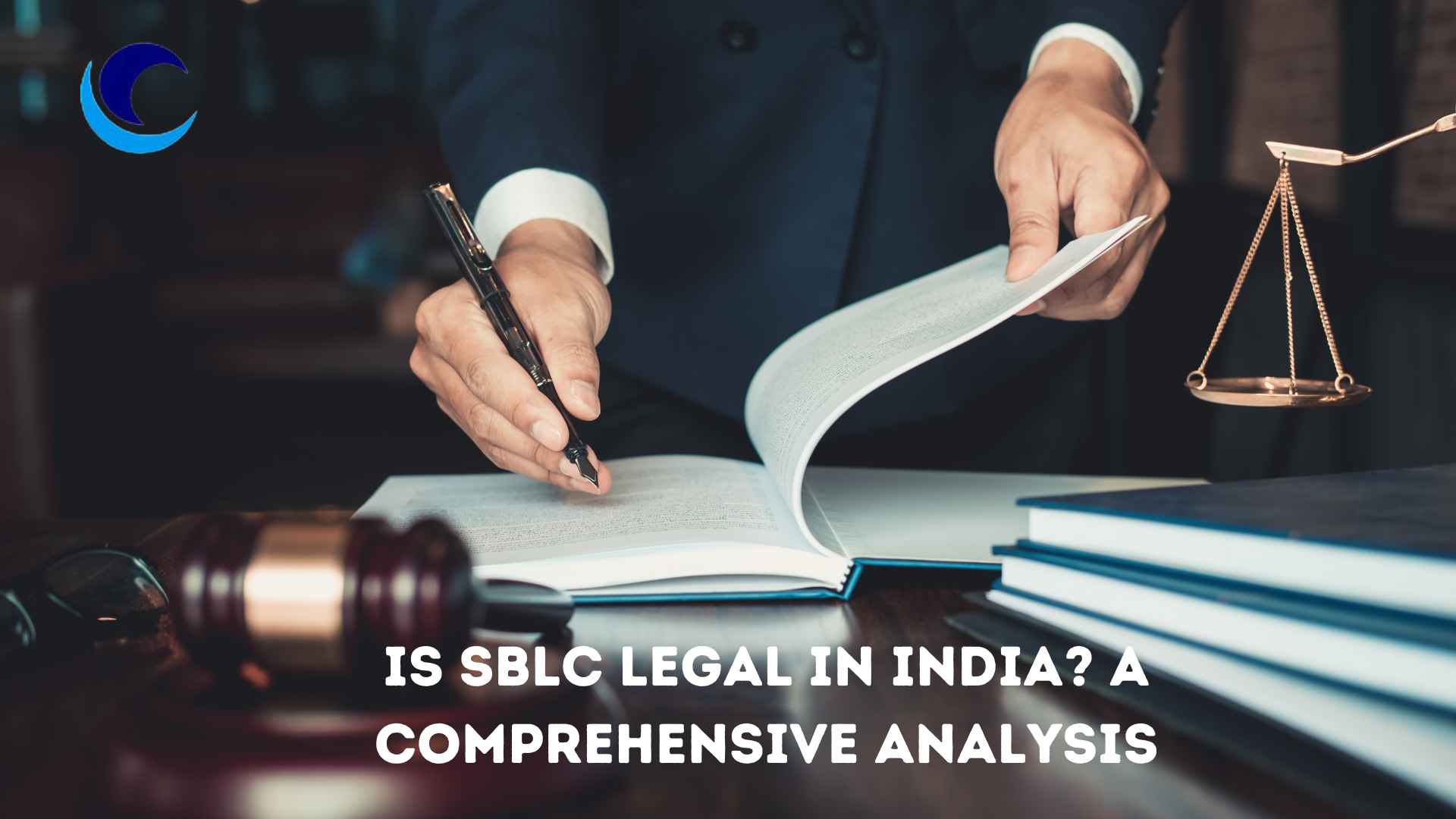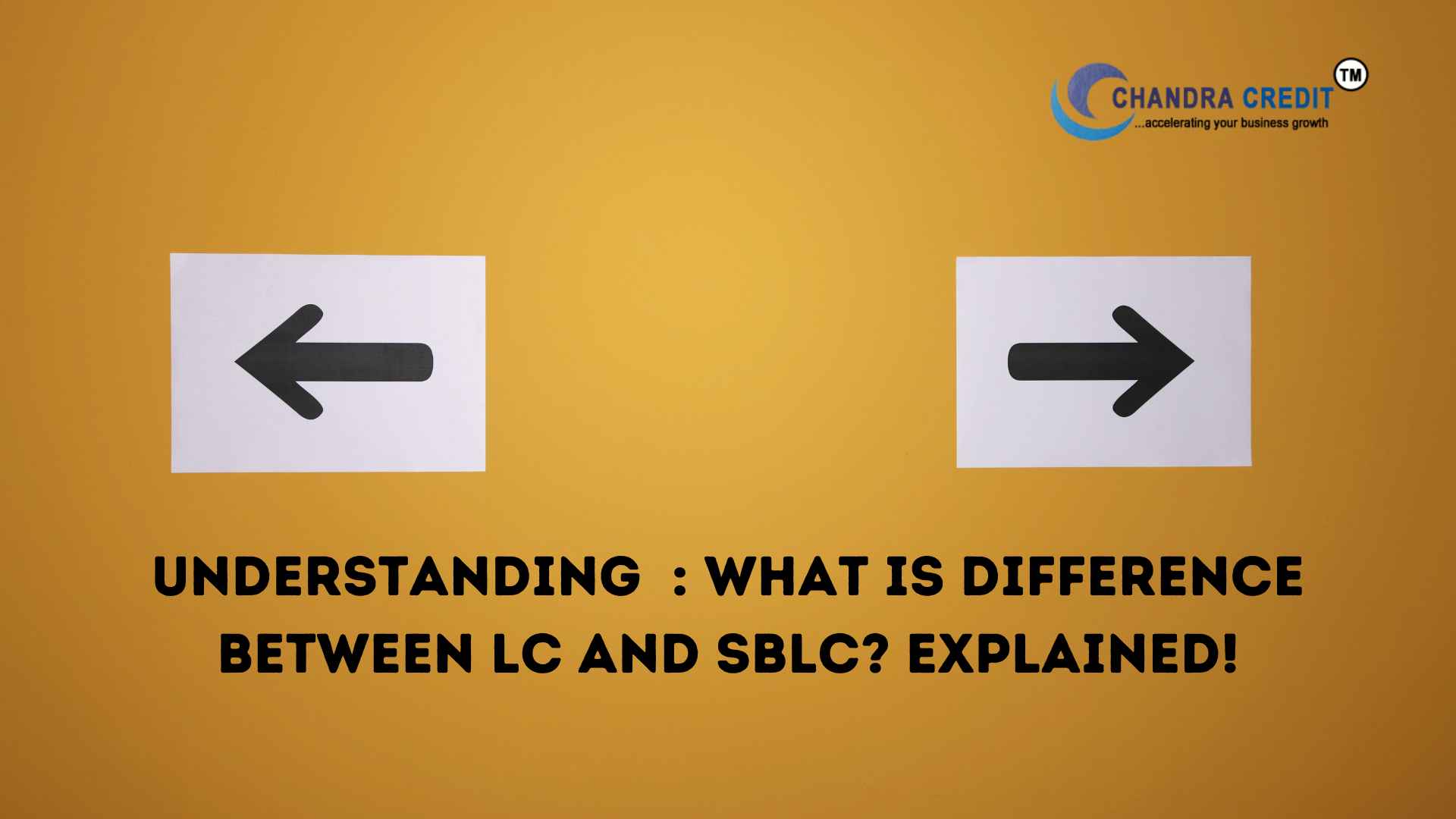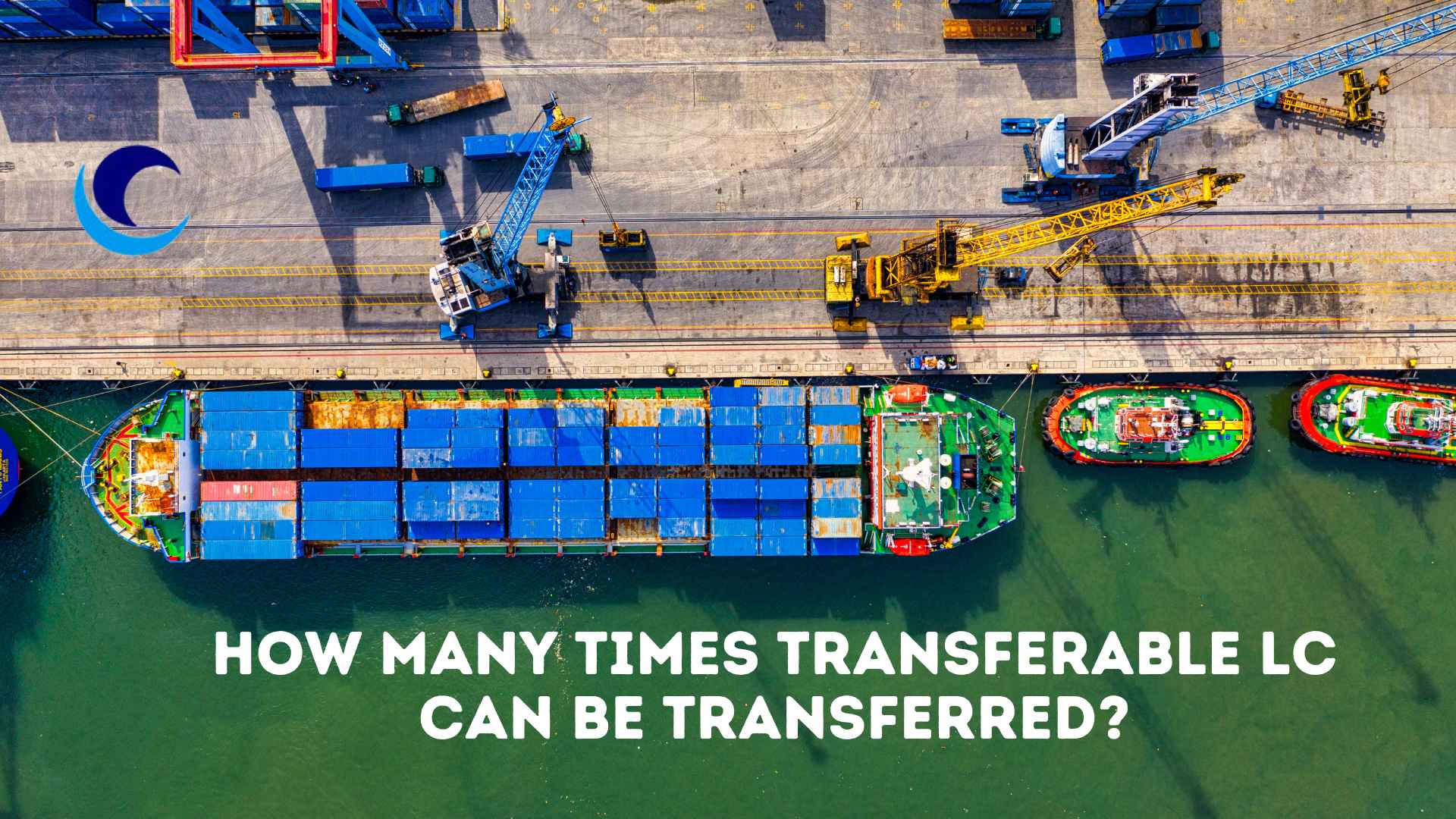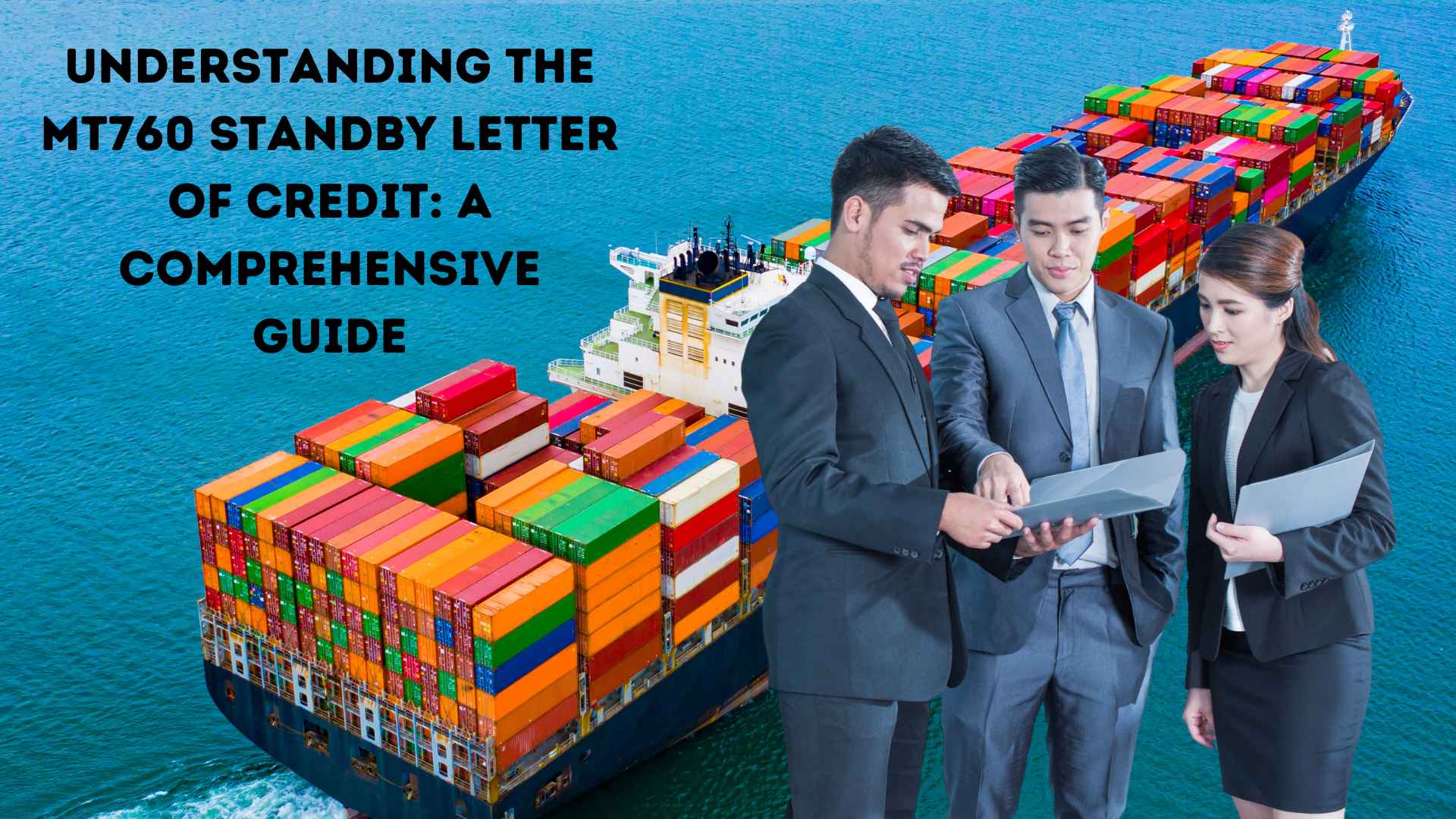

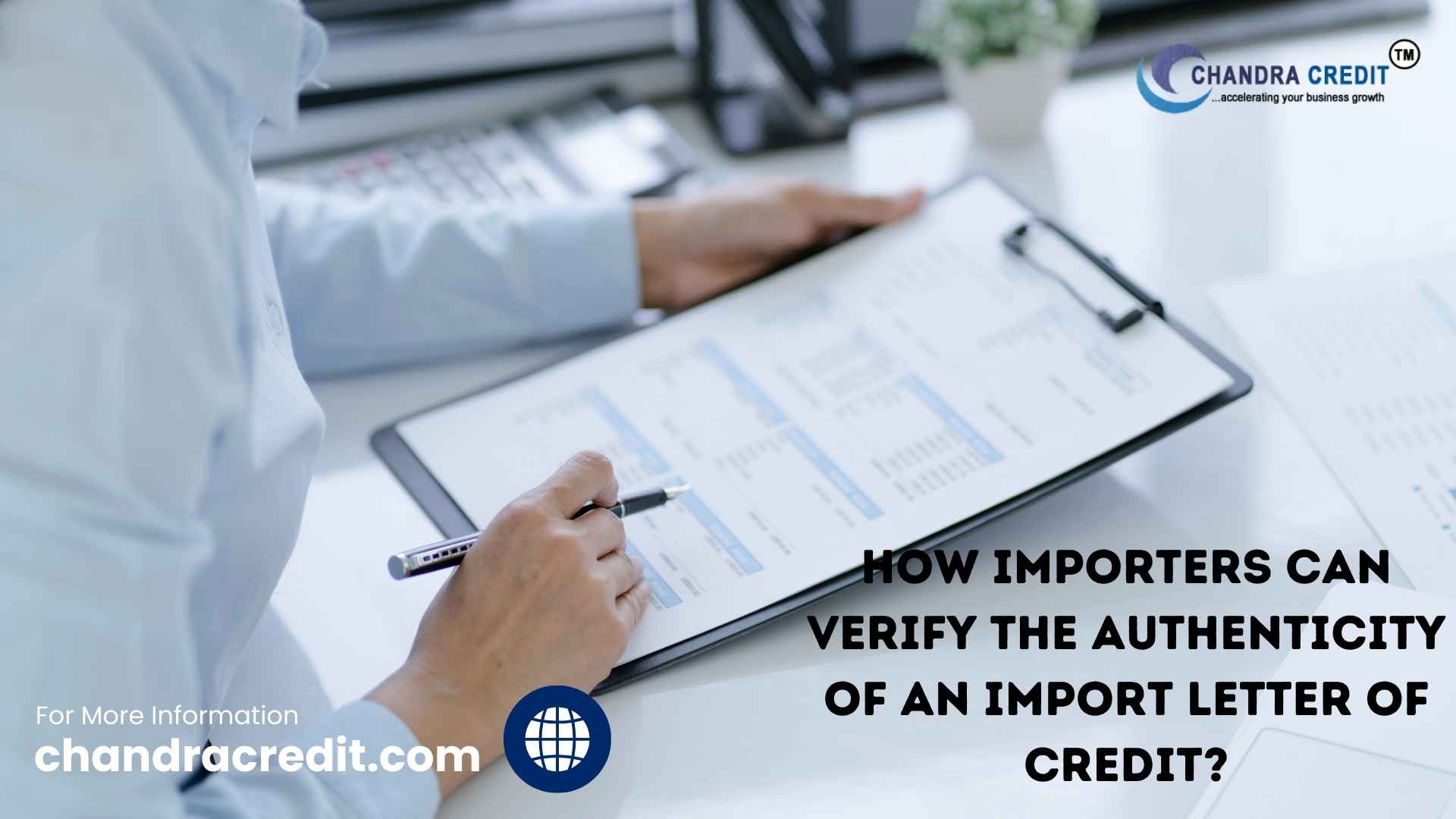
In the realm of international trade, importers often rely on Import Letters of Credit (LCs) to ensure secure and efficient transactions with their overseas suppliers. An Import LC is a financial instrument issued by a bank on behalf of an importer, guaranteeing payment to the exporter once the terms and conditions specified in the LC are met. However, the authenticity of an Import LC is paramount to avoid falling victim to fraud or disputes. In this comprehensive guide, we will delve into the importance of Import LCs, their key terms and conditions, and most importantly, how importers can verify their authenticity to ensure smooth and secure transactions.
Import LCs play a crucial role in mitigating risks for both importers and exporters involved in international trade. For importers, an Import LC provides payment security by ensuring that payment will only be made once the goods have been shipped and the required documents have been presented. This reduces the risk of non-payment or fraud.
On the other hand, exporters benefit from the assurance of payment provided by the Import LC. By knowing that the payment is guaranteed by a reputable bank, exporters can confidently ship goods to international markets without the fear of non-payment.
An Import LC is a legally binding document that outlines the terms and conditions under which payment will be made from the importer to the exporter. It is issued by the importer's bank (the issuing bank) at the request of the importer (the applicant) and is typically advised to the exporter by their bank (the advising bank).
The key parties involved in an Import Letter of Credit transaction are:
Before delving into how importers can verify the authenticity of an Import LC, it is essential to understand the key terms and conditions typically found in an LC:
- Examining the Issuing Bank
The first step in verifying the authenticity of an Import LC is to examine the issuing bank. Ensure that the bank is reputable and recognized in international trade finance. Check for any discrepancies in the bank's name, address, or contact details.
- Reviewing the LC Terms
Carefully review the terms and conditions of the LC to ensure they match the agreement reached with the exporter. Pay close attention to the payment amount, expiry date, and document requirements. Any discrepancies could indicate a fraudulent document.
- Confirming the LC Number
Verify that the LC number matches the number stated in the sales contract or proforma invoice. Any discrepancies could indicate a fraudulent document.
- Validating the LC with the Advising Bank
Contact the advising bank directly to verify the LC's authenticity. Provide them with the LC number and other relevant details for confirmation. The advising bank is responsible for authenticating the LC on behalf of the exporter.
- Checking for Amendments
Verify if there have been any amendments made to the LC. Ensure that these amendments are valid and authorized. Unauthorized amendments could indicate a fraudulent document.
- Consulting a Trade Finance Expert
If in doubt, seek advice from a trade finance expert or legal advisor. They can provide guidance on verifying the authenticity of the LC and help navigate any complex issues that may arise.
- Using Online Verification Services
Some banks offer online verification services for LCs. Check if the issuing bank provides such a service and use it to validate the LC.
- Requesting Confirmation
If possible, request the issuing bank to confirm the LC directly to you or your bank. This provides an additional layer of security and ensures that the LC is genuine.
6. Common Pitfalls to Avoid When Verifying an Import Letter of Credit
While verifying the authenticity of an Import LC, importers should be wary of common pitfalls, including:
By avoiding these pitfalls and following the steps outlined above, importers can ensure the authenticity of an Import LC and safeguard their transactions from potential fraud or disputes.
Verifying the authenticity of an Import Letter of Credit is crucial for importers to ensure secure and efficient international trade transactions. By carefully examining the issuing bank, reviewing the LC terms, and validating the LC with the advising bank, importers can mitigate the risk of fraud and disputes. Additionally, seeking advice from trade finance experts and using online verification services can provide further assurance of the Letter of Credit authenticity. By following these steps and being vigilant, importers can conduct their international trade transactions with confidence and security.
Chandra Credit Ltd. Is one of the trade finance experts who has been in the business for almost two decades and has come a long way after beginning its journey perhaps in one of the tough and challenging times. They provide various trade finance which include Letter of Credit, Standby Letter of Credit, Bank Guarantee, Project Funding in India, and Project Finance. We help our patrons find perfect solutions for fund requirements professionally.
Mr. Subhash Chandra is the Director of Chandra Credit Ltd. and is professionally qualified with rich experience in Industries. He is the key person looking after business strategy from inception till execution. After working for over 35 years in the Top industries he has developed good networking in Marketing, Finance, and HR and has vast exposure to a team of professionals to assist in the conduct of business.














